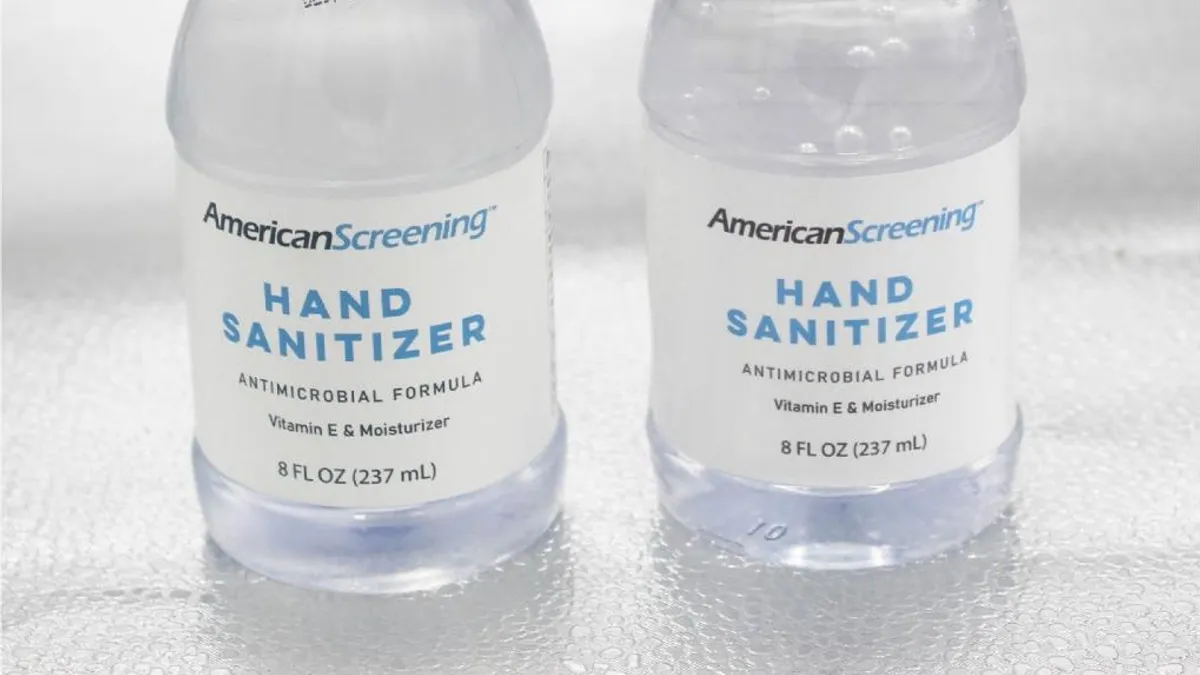Dive Brief:
- American Screening will pay $50,000 as part of a consent decree with the U.S. Equal Employment Opportunity Commission to settle a lawsuit alleging the company discriminated against a Black former employee because of her natural hair, according to court filings Wednesday.
- EEOC filed the suit in the U.S. District Court for the Eastern District of Louisiana, claiming that American Screening hired the plaintiff for a sales job in 2018. At her interview, the plaintiff wore a non-permanent wig with straight hair. Less than two months later, she ceased wearing the wig in favor of her natural hair, which EEOC said is considered type “4-A” on the Andre Walker Hair Typing System — a hair type that is commonly associated with people who are Black.
- EEOC alleged the business’ manager directed the employee to again wear her wig and instructed an HR employee to counsel the plaintiff about “looking more professional.” After she continued to wear her natural hair, American Screening fired her and hired a White worker in her place, EEOC claimed. The company did not admit to engaging in any unlawful practices.
Dive Insight:
EEOC has taken the position that discrimination on the basis of personal characteristics associated with race — hair texture included — is race discrimination in violation of Title VII of the Civil Rights Act.
Federal lawmakers have not successfully passed legislation to prohibit natural hair discrimination, though one attempt cleared the House of Representatives in 2022 before stalling in the Senate.
Multiple state and local governments have passed such laws in the interim, however, typically under the title of Creating a Respectful and Open World for Natural Hair Act, or CROWN Act. Texas became one of the most recent states to do so in 2023, joining Alaska, Colorado, California, Delaware, Illinois and Louisiana, among others.
Of note in the EEOC’s complaint is that the agency alleged HR staff at American Screening “told [the plaintiff] that they thought [her natural] hair was acceptable and that the owner was acting unlawfully,” the agency said. “They told her to find other work.”
Black hair, in particular, remains a point of contention in U.S. workplaces despite the nationwide movement to end natural hair discrimination. A 2023 survey co-commissioned by Dove and LinkedIn found that 66% of Black women said they had altered their hair for a job interview, while 25% said they believed they had been passed over for a job interview because of their hair.
Sources who previously spoke to HR Dive have noted the cultural and political significance of hair in Black communities, and that workplace grooming policies which may seem race-neutral could be applied in a discriminatory way toward Black employees.
“Just as an employer may not ask an employee to change or conceal their skin color, an employer may not ask an employee to change their natural hair texture,” EEOC Chair Charlotte Burrows said in an agency press release on the American Screening settlement. “Unfortunately, this form of discrimination continues to limit employment opportunities for Black workers, even today.”













